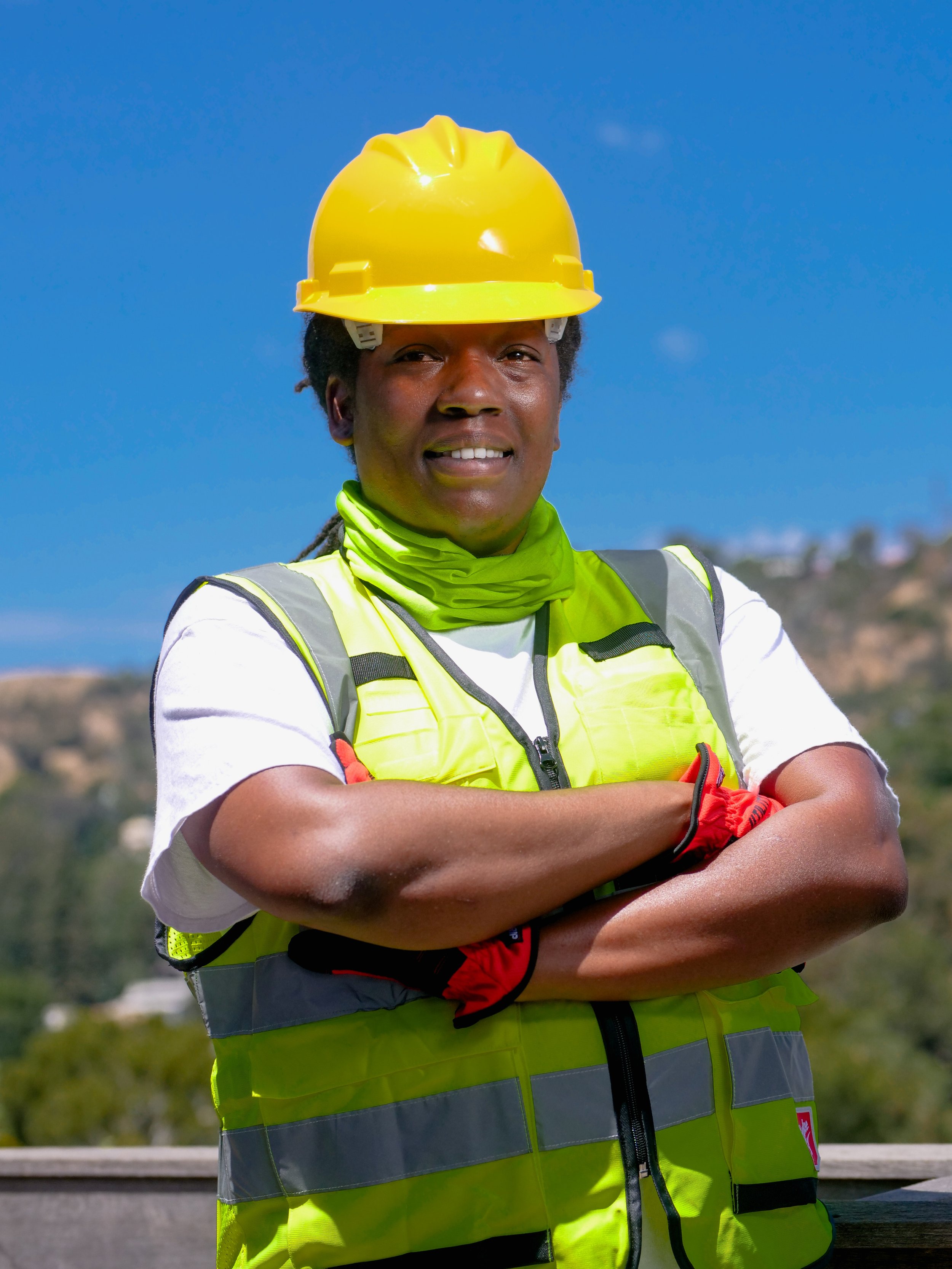The “W” in MWCDA
WBEs and the women behind them are paramount in helping push an agenda to reimagine what the construction, and by extension, the real estate industry, could look like, not just with labor, but within companies.
The Minority & Women Contractors & Developers Association (MWCDA) was born of an idea to establish a platform and pipeline to support minority and/or women-owned businesses (M/WBEs) in the construction industry. As an executive director for another association—this one composed of medium-sized and large general contractors and construction managers—I quickly recognized that M/WBE firms needed support that went beyond lip service. My co-founder, Jason Cintron, and I decided to spin off the concept into its own independently run nonprofit organization, and thus, MWCDA came into existence.
It’s hardly a secret that women are vastly underrepresented in the construction industry. And to the extent that they do function, it’s often in marginalized roles that preclude them from advancing up the pecking order. While there is a consensus that women have a long way to go toward reaching parity in these spaces—as indicated in a report from The Institute for Women’s Policy Research—as an organization, we felt that we could do more to help “move the needle.” Therefore, we opted to include women-owned businesses in our mission and not just minority-owned.
Structural racism is a paramount concern and impediment to engendering systemic inclusion but so is the virulent sexism that prevents so many women from actualizing their dreams and aspirations. And I would be remiss to not acknowledge the additional and amplified “burdens” of the intersectionality of racism and sexism that women of color must contend with. So, in our efforts to advocate for and assist via our capacity building models, marginalized and disenfranchised companies, many women also need our support.
Our approach to supporting women stems from the origins of MWCDA itself. I tried to be truly mindful about inclusion and equity and wanted to ensure that the composition of not just the staff but of the board itself reflected the values that we claimed to represent. We approached this with much intentionality and transparency. In hindsight, we’re proud of the commitment we made and what we consider to be a successful actualization of ensuring women have both operational and institutional voices in how we run our organization.
Our board of directors—consisting of five members—has two women who bring a wealth of experience and support from their respective industries. Their perspectives are instrumental in how MWCDA navigates the spaces it operates within. This also ties into our staff, where women play important and high-level roles in helping manage our day-to-day tasks. Externally, we have numerous women-owned businesses that rely on us and leverage our platform to facilitate opportunities for them. One standout is a WBE that is a sub-contractor for the Metropolitan Transit Authority (MTA). From time to time, we support her inquiries and provide services, where and when needed, to ensure that her company continues to thrive and grow.
For me, there was never a question that WBEs and the women behind them are paramount in helping push an agenda to reimagine what the construction, and by extension, the real estate industry, could look like, not just with labor but within companies. As a platform, we will continue to advocate for the dismantling of structural barriers and the curtailing of unconscious biases in decision-making to ultimately create fertile grounds for women to ascend and succeed.
About the author: Kenneth Thomas, MASCL, CTP, is the executive director of the Minority & Women Contractors & Developers Association Inc., headquartered in New York. A lifelong resident of the Bronx, he is committed to actualizing genuine and sustainable opportunities for M/WBE businesses in construction and real estate development.


